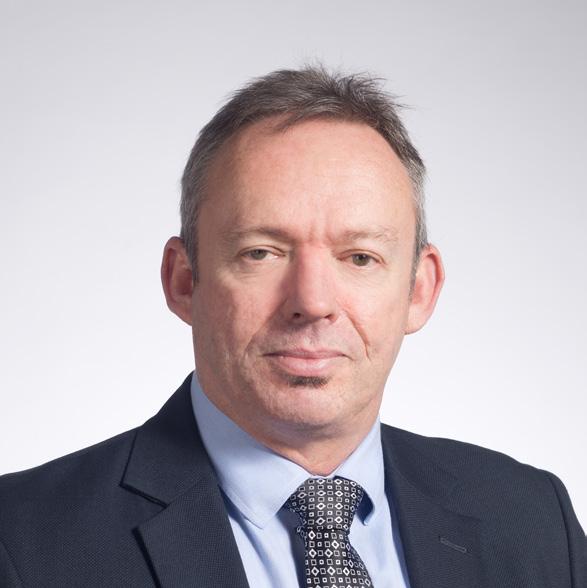BERNIE WHITE CHANGE MANAGEMENT
Human nature By Bernie White How can we fathom change experiences that are more connected and grounded in our experience of working amongst the reality of a complex, beautiful and often wild world? Bernie White, Change Consultant, based in Wellington, explores the beauty in our human potential for change.
Beyond that surging sea, large stones silently sit. Pool painted with pink lichen. Covering and spotting the rounded edges of quiet greywacke. Light dappled on the stone strewn bottom. Shining on the few white shells. Rippling beneath the forbidding crags of black rock.
T
his reminds me of the effortlessness of Nature. And, I recall the effortlessness of yesterday’s meeting. Twelve of us, filling the bland meeting room. Sitting on grey steel and fabric chairs, in a rough circle. Our guest chief executive ready to talk about the Spill. We listen, then talk. Each is contributing a perspective, a thought, a question. The conversation flows, sometimes laughing, sometimes sombre. Lively talk of mistakes, then doing the right thing. Noticing the unnaturalness of doing the most natural of things, saying sorry. Putting it right, undoing, if he could, the damage done. Despoiled environment and relationships that he sought to restore. How unprepared others
seemed for these simple, natural acts of being human. Seeking redemption by being decent and taking a wider responsibility. It seems a challenge to be natural in our increasingly unnatural digital world. As we look towards the quickening waves of technology and their artificial intelligences. Washing away human work. Etching new channels for careers. Drawing a line under what has gone before. Data and algorithm now controlling the future. Standardising and commoditising, measuring and metering the work. Controlling and mastering the future. Blurring the boundary between what is real and what is fake.
It seems a challenge to be natural in our increasingly unnatural digital world.
Things fall apart; the centre cannot hold; mere anarchy is loosed upon the world. WB Yeats Yet, we all stand on the shoulders of our technologists and look with awe at what we have achieved through their work. We’ve talked with three chief executives this year. Conversations without pressure or script. Unplugged. Reminding us of the power of simply getting together.
Never once mentioning that digital world. Instead, speaking of their organisations’ growing responsibility for the outside world. We’d talked of unintended damage. Unconsciously fraying the social fabric of work. Losing for many a sense of meaning and engagement with their work. The possibilities for framing work with a bigger purpose. A more vivid ‘why’. We’d talked of communities beyond the balance sheet. Beyond stark strategies and business plans. Their organisations becoming more pervious, it seemed, to that outside world. More genuinely concerned about society and the natural world. Realising that their owns pools were merely a part of a much larger sea, a much larger whole. They didn’t say it, but it felt like we’d all been reading Kate Raworth.1 Navigating through the ‘doughnut’ between our social foundations and our ecological ceiling. A very mature conversation and a consciousnessexpanding experience. The conversations with these leaders offered a glimpse of a different kind of future. And perhaps not only for these leaders and their organisations. Maybe there’s something more widespread in the wind, in the water. A stirring of the breeze. A movement beneath, that gently ripples at the surface. Something of the beginning of deeper change, beyond mere digital possibility. An arc of our human evolution, as Otto Scharmer says, “from the ego-system to the eco-system”. A response to murmurs from human heart and soul. Yearning
Kate Raworth, TED Talk ‘A healthy economy should be designed to thrive not grow’ (www.ted.com/talks/kate_raworth_a_healthy_economy_should_be_designed_to_ thrive_not_grow). 1
SUMMER 2019
HUMAN RESOURCES
27























